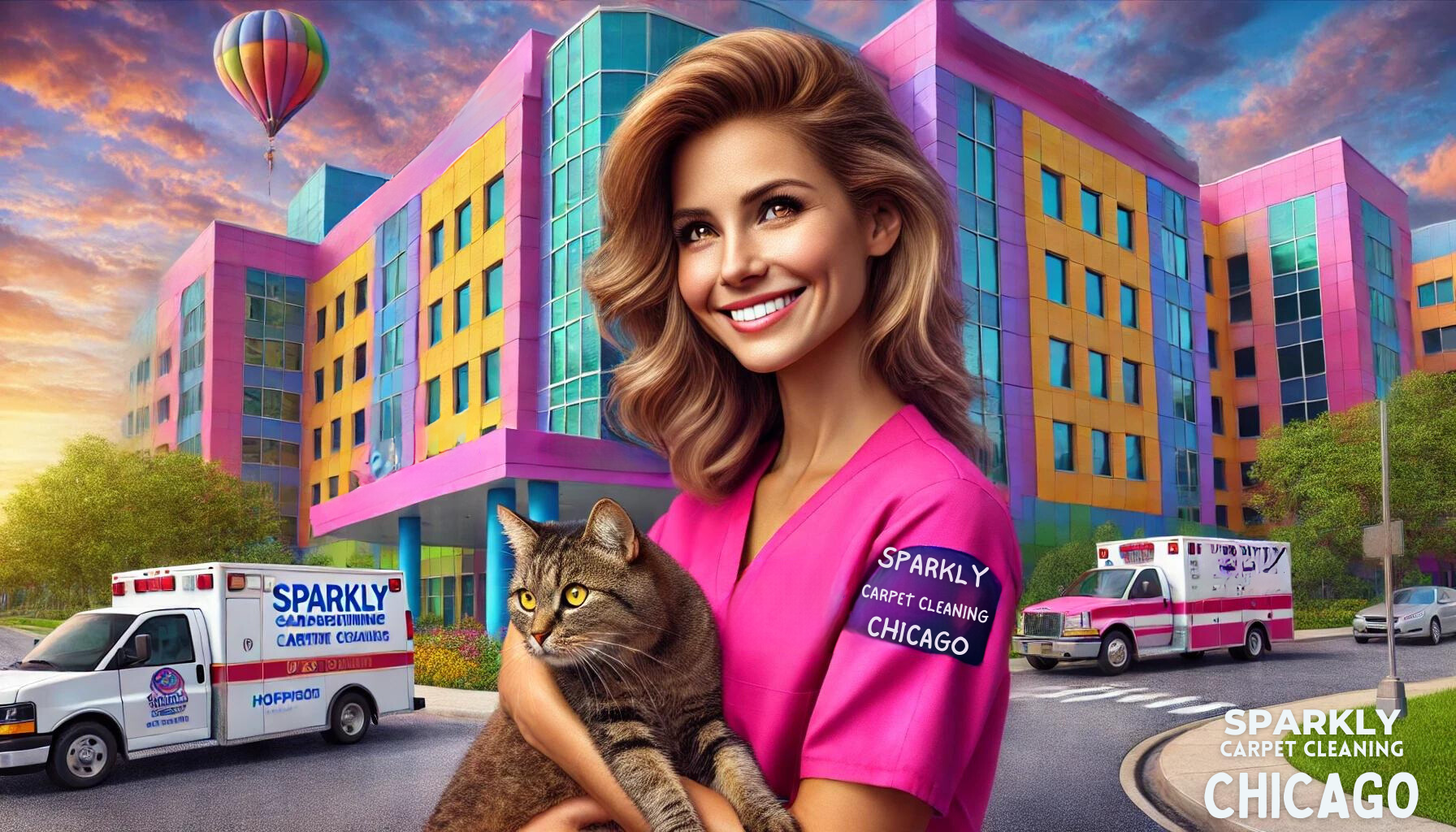A Comprehensive Analysis Of The Hospitals And Healthcare Providers In Chicago
Exploring The Number And Types Of Hospitals In Chicago
Healthcare Landscape in the Windy City
Chicago, one of the largest cities in the United States, is known for its rich history, diverse culture, and iconic skyline. But beyond its busy streets and towering skyscrapers, Chicago is also home to a vast network of hospitals and healthcare facilities that serve millions of residents and visitors each year. Whether you’re a local, a new resident, or just curious about the city’s healthcare infrastructure, understanding the number of hospitals and the services they offer is crucial for navigating this complex urban environment.
The Number of Hospitals in Chicago: An Overview
Chicago is a city that prides itself on providing a wide range of healthcare options. As of the most recent data, there are approximately 80 hospitals in the Chicago metropolitan area. This includes general hospitals, specialty hospitals, and teaching hospitals affiliated with medical schools. The number of hospitals reflects the city’s commitment to ensuring that healthcare is accessible to all its residents, regardless of their location within the city.
Major Healthcare Systems in Chicago
Several large healthcare systems operate multiple hospitals across Chicago, contributing to the city’s robust medical infrastructure. Some of the most prominent healthcare systems include:
1. Advocate Aurora Health
Advocate Aurora Health is one of the largest healthcare providers in the Midwest, with several hospitals and clinics in the Chicago area. This system offers a wide range of services, from primary care to specialized treatments.
2. Northwestern Medicine
Northwestern Medicine is another major player in Chicago’s healthcare landscape. With its flagship hospital, Northwestern Memorial, located in the heart of downtown, it provides cutting-edge medical care and is affiliated with Northwestern University’s Feinberg School of Medicine.
3. University of Chicago Medicine
University of Chicago Medicine operates one of the leading academic medical centers in the country. It’s known for its research and innovation in various medical fields, including cancer treatment and organ transplantation.
Specialty Hospitals and Unique Facilities
In addition to general hospitals, Chicago is home to several specialty hospitals that focus on specific areas of healthcare. These institutions offer advanced care in fields like pediatrics, rehabilitation, and mental health. Some notable specialty hospitals include:
1. Ann & Robert H. Lurie Children’s Hospital of Chicago
This hospital is a leader in pediatric care and is consistently ranked among the best children’s hospitals in the nation.
2. Shirley Ryan AbilityLab
Known for its cutting-edge rehabilitation services, the Shirley Ryan AbilityLab is a world-renowned facility for patients recovering from strokes, spinal cord injuries, and other debilitating conditions.
3. Rush University Medical Center
Rush University Medical Center is another major academic hospital in Chicago, offering specialized services in areas like neurology, cardiology, and orthopedics.
The Impact of Hospitals on Chicago’s Communities
The presence of so many hospitals in Chicago has a significant impact on the city’s communities. These institutions not only provide essential healthcare services but also contribute to the local economy by creating jobs and supporting related industries. Furthermore, many hospitals in Chicago are involved in community outreach programs, offering free or low-cost services to underserved populations and engaging in public health initiatives to improve overall community well-being.
Challenges Facing Chicago’s Hospitals
Despite the abundance of healthcare facilities, Chicago’s hospitals face several challenges. One of the most pressing issues is the uneven distribution of hospitals across different neighborhoods. While some areas, particularly downtown and the North Side, have a high concentration of hospitals, other parts of the city, especially the South and West Sides, have fewer healthcare resources. This disparity can lead to longer wait times, reduced access to specialized care, and overall poorer health outcomes for residents in underserved areas.
Another challenge is the rising cost of healthcare. Like in many other parts of the United States, healthcare costs in Chicago have been steadily increasing, putting a strain on both hospitals and patients. Hospitals are continually working to find ways to reduce costs while maintaining high-quality care, but this remains an ongoing challenge.
The Future of Chicago’s Healthcare System
Looking ahead, the future of Chicago’s healthcare system is likely to be shaped by several factors. Advances in medical technology, changes in healthcare policy, and shifts in population demographics will all play a role in determining how the city’s hospitals evolve. Additionally, there is a growing emphasis on preventive care and community health initiatives, which could lead to new models of healthcare delivery that focus more on keeping people healthy rather than just treating illness.
What Lies Ahead for Hospitals in Chicago
As Chicago continues to grow and change, its hospitals will need to adapt to meet the evolving needs of its population. Whether through expanding existing facilities, building new hospitals in underserved areas, or embracing new healthcare technologies, the city’s healthcare system will undoubtedly play a crucial role in shaping the future of Chicago. By understanding the current landscape and the challenges and opportunities that lie ahead, residents and healthcare professionals alike can work together to ensure that Chicago remains a leader in healthcare for years to come.



